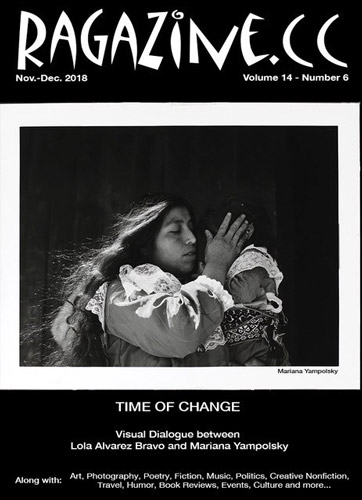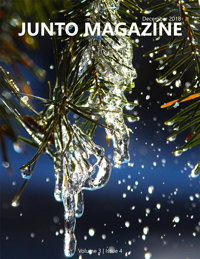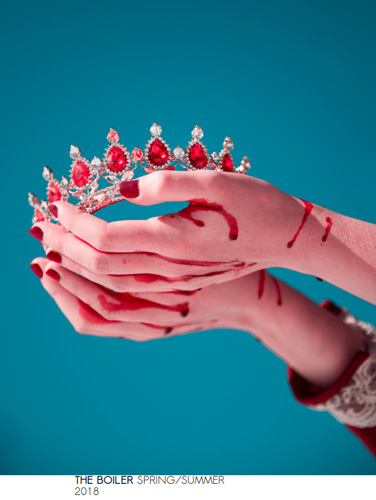American Life in Poetry :: Marge Saiser
American Life in Poetry: Column 725
BY TED KOOSER, U.S. POET LAUREATE
Marge Saiser, who lives in Nebraska, is a fine and a very lucky poet. With the passing of each year her poems have gotten stronger and deeper. That’s an enviable direction for a writer. This poem was published in The Briar Cliff Review and it looks back wisely and wistfully over a rich life. Saiser’s most recent book is The Woman in the Moon from the Backwaters Press.
Weren’t We Beautiful
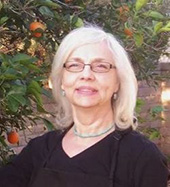 growing into ourselves
growing into ourselves
earnest and funny we were
angels of some kind, smiling visitors
the light we lived in was gorgeous
we looked up and into the camera
the ordinary things we did with our hands
or how we turned and walked
or looked back we lifted the child
spooned food into his mouth
the camera held it, stayed it
there we are in our lives as if
we had all time
as if we would stand in that room
and wear that shirt those glasses
as if that light
without end
would shine on us
and from us.
We do not accept unsolicited manuscripts. American Life in Poetry is made possible by The Poetry Foundation (www.poetryfoundation.org), publisher of Poetry magazine. It is also supported by the Department of English at the University of Nebraska, Lincoln. Poem copyright ©2018 by Marjorie Saiser, “Weren’t We Beautiful,” from The Briar Cliff Review (Vol. 30, 2018). Poem reprinted by permission of Marjorie Saiser and the publisher. Introduction copyright ©2019 by The Poetry Foundation. The introduction’s author, Ted Kooser, served as United States Poet Laureate Consultant in Poetry to the Library of Congress from 2004-2006.

 First Place
First Place Co-edited by Nicole Oquendo [pictured], Editor Lisa Roney introduces the newest issue of
Co-edited by Nicole Oquendo [pictured], Editor Lisa Roney introduces the newest issue of 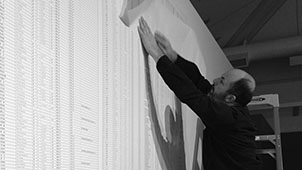 In his discussion, Boyden explains how, had it not been for Chinese artist Ai Weiwei, the names of these children, and the government being held accountable for the shoddy construction of the schools where these children were killed, would have been lost.
In his discussion, Boyden explains how, had it not been for Chinese artist Ai Weiwei, the names of these children, and the government being held accountable for the shoddy construction of the schools where these children were killed, would have been lost.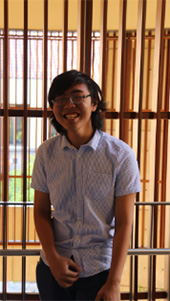 Poetry
Poetry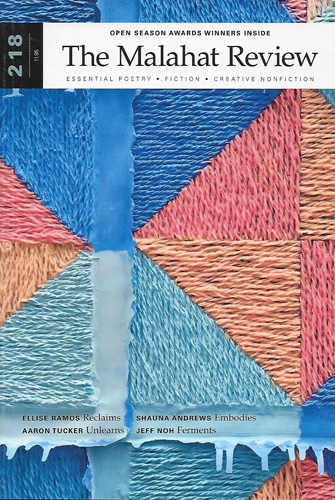 The newest issue of
The newest issue of 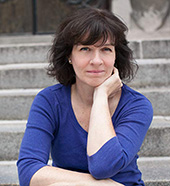 Anette Gendler
Anette Gendler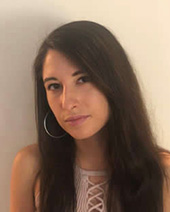 First Prize
First Prize Over the past several months, writer
Over the past several months, writer 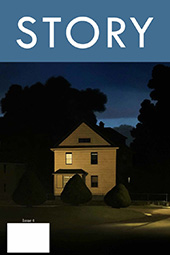 In addition, Nye has drawn in a solid staff: Associate Editor LaTanya McQueen; Staff Andrew Bockhold, Brandon Grammer, Robert Ryan, and Brianna Westervelt; as well as a Board of Directors with Ruth Awad, Valerie Cumming, Keith Leonard, and Maggie Smith; and an Advisory Board with David Althoff, Jürgen Fauth, Stephanie G’Schwind, Roxane Gay, Jonathan Gottschall, Andrea Martucci, Speer Morgan, David Shields, Randi Shedlosky-Shoemaker, Jim Shepard, and Marion Winik.
In addition, Nye has drawn in a solid staff: Associate Editor LaTanya McQueen; Staff Andrew Bockhold, Brandon Grammer, Robert Ryan, and Brianna Westervelt; as well as a Board of Directors with Ruth Awad, Valerie Cumming, Keith Leonard, and Maggie Smith; and an Advisory Board with David Althoff, Jürgen Fauth, Stephanie G’Schwind, Roxane Gay, Jonathan Gottschall, Andrea Martucci, Speer Morgan, David Shields, Randi Shedlosky-Shoemaker, Jim Shepard, and Marion Winik. Rachel Napolitano was born in Dallas, TX. She has been the wife of an F-16 pilot since 2011. In her memoir In the Passenger Seat of the Viper: Stories from the Wife of an F-16 Pilot, she talks about her experience in the military community from an insider’s point of view. Her lifestyle requires constant relocation to disparate countries. She lived in places such as LA, Italy, South Korea, and South Carolina, and traveled to exotic locales.
Rachel Napolitano was born in Dallas, TX. She has been the wife of an F-16 pilot since 2011. In her memoir In the Passenger Seat of the Viper: Stories from the Wife of an F-16 Pilot, she talks about her experience in the military community from an insider’s point of view. Her lifestyle requires constant relocation to disparate countries. She lived in places such as LA, Italy, South Korea, and South Carolina, and traveled to exotic locales. Winner
Winner
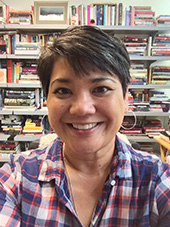 Cathy J. Schlund-Vials [pictured] and Lawrence-Minh Bùi Davis, editors for this issue write in the
Cathy J. Schlund-Vials [pictured] and Lawrence-Minh Bùi Davis, editors for this issue write in the 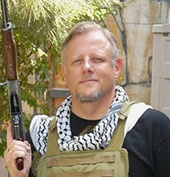 Weston Ochse spent thirty years in the military. The first five years was as a communications specialist who carried the combat radio. Then he transferred to intelligence where he stayed for the remainder of his career. He performed humanitarian operations in Bangladesh, was deployed in Afghanistan, and near cannibalized in Papua New Guinea. His intense military experience helped him carve indelible characters.
Weston Ochse spent thirty years in the military. The first five years was as a communications specialist who carried the combat radio. Then he transferred to intelligence where he stayed for the remainder of his career. He performed humanitarian operations in Bangladesh, was deployed in Afghanistan, and near cannibalized in Papua New Guinea. His intense military experience helped him carve indelible characters.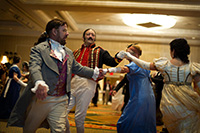 Just what fans of Jane Austen need: Our own society of Austen lovers!
Just what fans of Jane Austen need: Our own society of Austen lovers!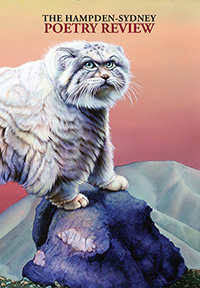 Each issue of
Each issue of 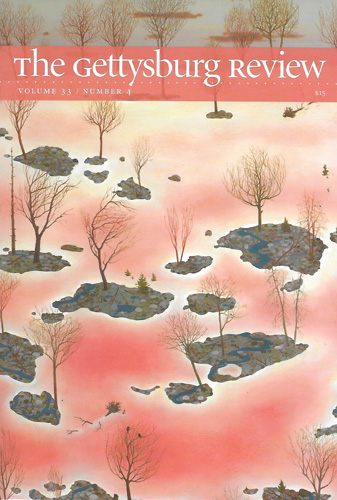 David Graeme Baker’s oil on linen Escape Velocity greets readers of the Autumn 2018 issue of
David Graeme Baker’s oil on linen Escape Velocity greets readers of the Autumn 2018 issue of 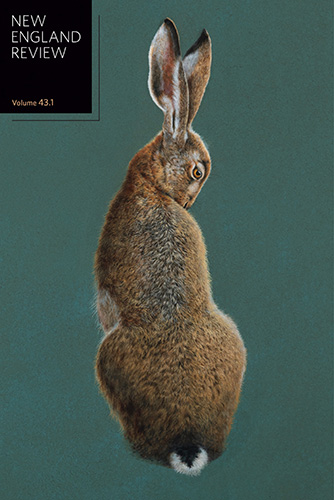
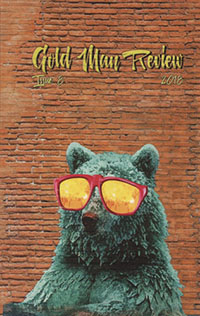
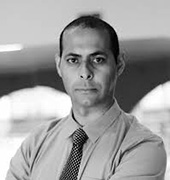 Military stories have engrossed readers and viewers worldwide, ranging from iconic films like A Thin Red Line to visceral books such as Black Hawk Down. Fiction, non-fiction, poetry, screenwriting – no matter the genre – we are shaken by the grit of reality and the hero’s quests for victory or survival.
Military stories have engrossed readers and viewers worldwide, ranging from iconic films like A Thin Red Line to visceral books such as Black Hawk Down. Fiction, non-fiction, poetry, screenwriting – no matter the genre – we are shaken by the grit of reality and the hero’s quests for victory or survival. Susan Caswell has been in the Army for twenty years, eighteen and a half on active duty. She was a direct commission as a chaplain. Most of her work is of a non-religious nature. She provides counseling to deal with combat and financial stress, relationship and medical issues, among other sensitive cases. Most of the service members are between the ages of 18-24, extremely young and away from the safety of their homes.
Susan Caswell has been in the Army for twenty years, eighteen and a half on active duty. She was a direct commission as a chaplain. Most of her work is of a non-religious nature. She provides counseling to deal with combat and financial stress, relationship and medical issues, among other sensitive cases. Most of the service members are between the ages of 18-24, extremely young and away from the safety of their homes.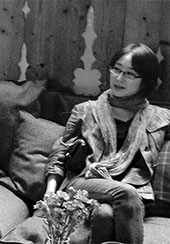 Fiction Winner
Fiction Winner The Fall/Winter 2018 issue of
The Fall/Winter 2018 issue of 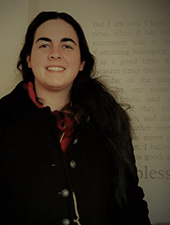 An online journal “dedicated to short fiction,”
An online journal “dedicated to short fiction,” 
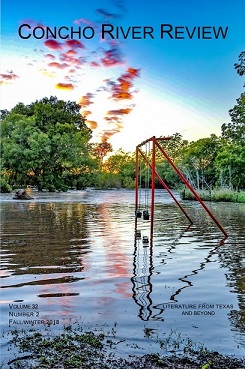
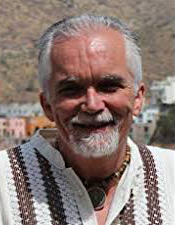 Based on Editor Victor David Sandiego’s intro commentary, it sounds like the Winter 2018 issue of
Based on Editor Victor David Sandiego’s intro commentary, it sounds like the Winter 2018 issue of 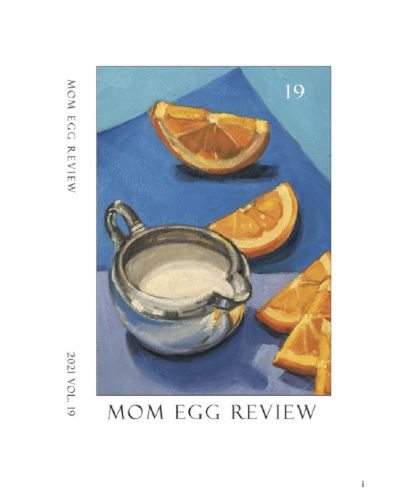 In addition to the print annual,
In addition to the print annual, 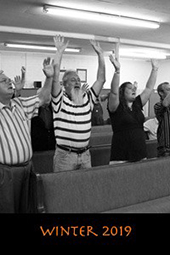
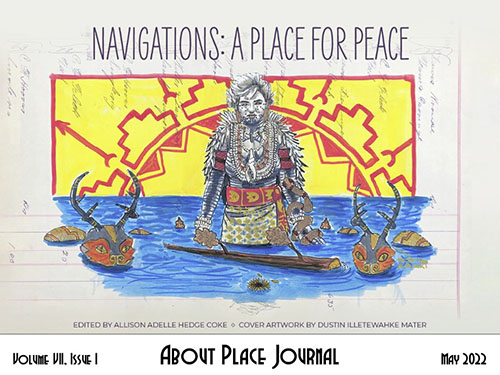 About Place Journal
About Place Journal